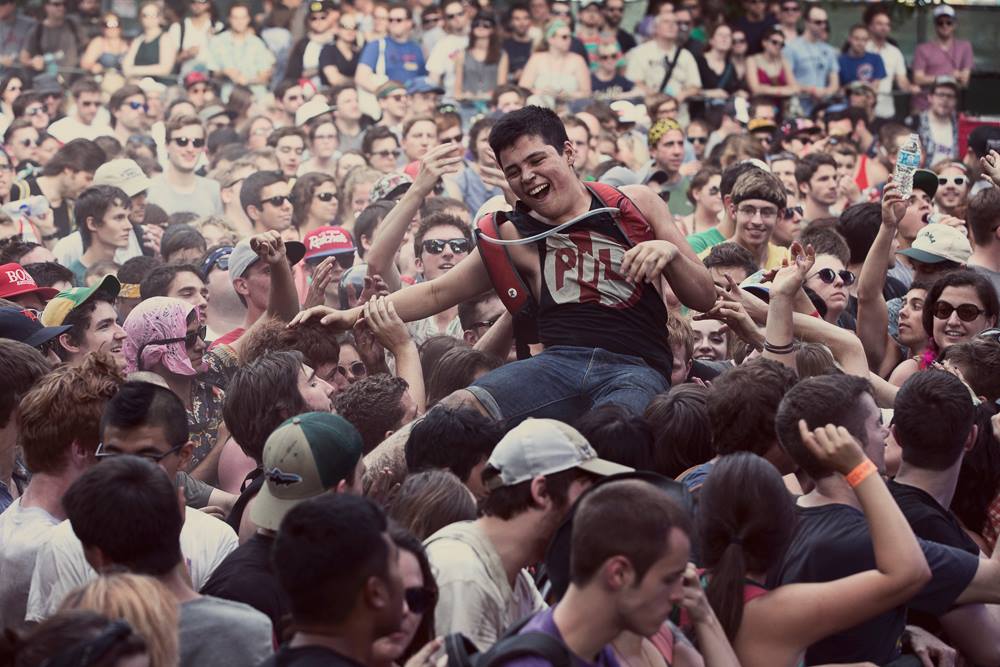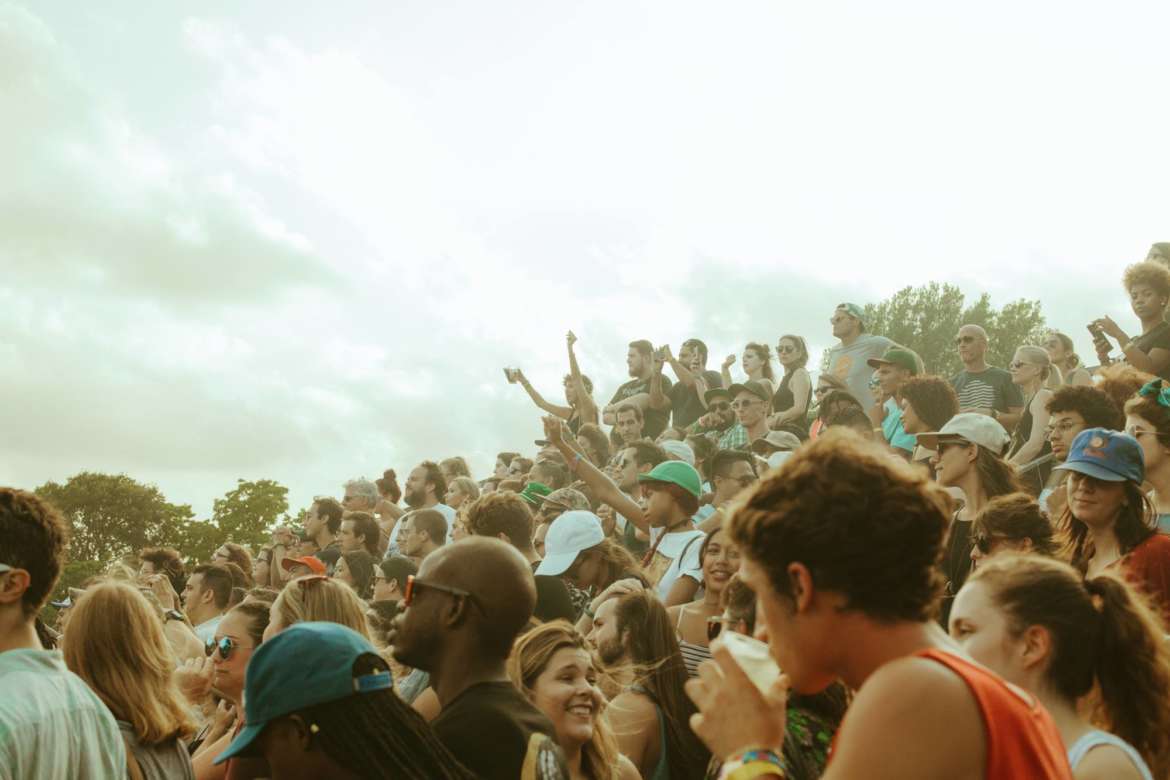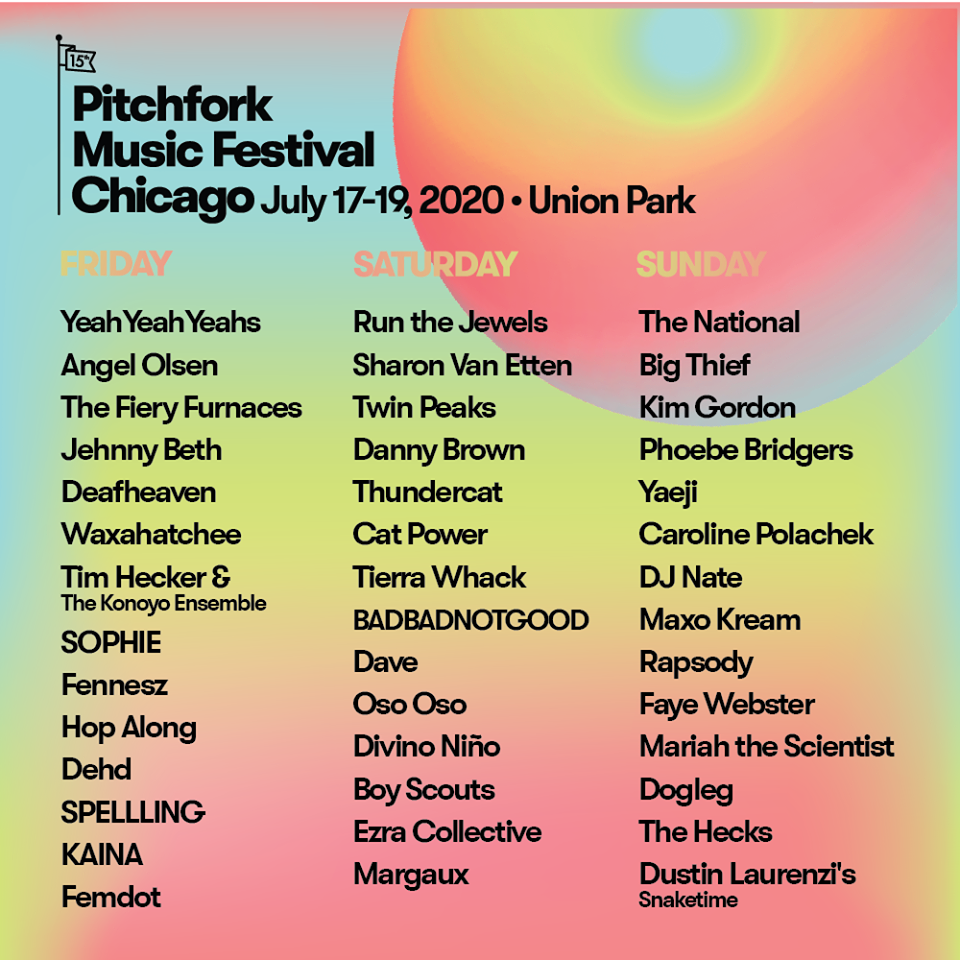The fish has rotted from the head all the way to the last scale on the tail. The rule of law feels like a joke. Cruelty is the point, as more than one observer has noted of the dominant ethos of the current administration. In light of that dark reality, how do we empathize and still keep ourselves safe? What does “safe” actually mean now?
Two plays that opened this past month–How to Defend Yourself by Liliana Padilla at Victory Gardens (running through this Sunday) and Do You Feel Anger? by Mara Nelson-Greenberg at A Red Orchid Theatre (running through March 15) ask those questions of the audience–without necessarily pointing a way to any solid fail-safe answers. There are significant differences in tone between the two plays. How to Defend Yourself employs a realist approach, while Do You Feel Anger? is in more of a Kafkaesque dark absurdist mode. But each uses the framework of a familiar training situation–a self-defense class in the case of Padilla’s play and a corporate seminar in Nelson-Greenberg’s–to upend our notions of how we confront deeply ingrained systems of oppression and violence and the trauma we all carry from being entangled in those systems.
Both also use settings–a college gymnasium, a conference room–that seem generic and sterile, but become increasingly fraught over the course of their respective stories. The collision between the controlled environments and the unfiltered emotional maelstroms the characters unleash adds to the sense that the concept of neutrality itself no longer exists. No space is a safe space, to put it bluntly.
But Padilla and Nelson-Greenberg handle their stories with such warmth and wit that I’ve found myself going back to both plays in my mind in recent weeks, trying to figure out why they feel so keenly vital to the current moment.
In How to Defend Yourself, a group of five young college women and two young men come together for self-defense classes after a sorority sister, Susannah, is sexually assaulted. The attack was so brutal that she’s been hospitalized, unable to speak. But as the classes unfold, the play reveals the tensions and desires driving all the participants, as well as their guilt about whether they did enough to protect Susannah. Padilla raises smart poignant questions about the limits of self-defense. “Your body is a weapon,” says class leader Brandi. But training your body can’t always help you overcome what’s in your mind when you’re soaking in rape culture.
Marti Lyons, director of How to Defend Yourself, says “Part of the brilliance of this particular play–and I adore Do You Feel Anger? as well–is that in this dialogue, there is something that is being illuminated about things that feel sort of inherent to the system that we live in. One of the beauties of Liliana’s work is that they are really compassionate. They really have love for each of their characters. And even while having empathy for each of the characters, we can still see the different ways that they participate in or stand by or perpetuate various violences, whether they’re individual violences or symbolic violences or subjective violences.”
Padilla, who took karate classes as a child, notes that the play they wrote immediately before How to Defend Yourself took place in the rec room of a community center. “I think this space of the gym, this space of the rec room as a quote-unquote neutral or liminal space for people to come together made a lot of sense to me.”
click to enlarge

In Do You Feel Anger?, Sofia, an empathy coach who has been hired to help workers at a credit collection agency be less monstrous to the people they’re calling, finds herself sucked into a corporate culture where horrible behavior is normalized. It’s so terrible, in fact, that Eva, the nicest employee of the bunch, is routinely mugged in the break room every day. Her male boss makes noises about looking into it, expressing the same level of committed concern Susan Collins displays for the wanton violations of the Trump administration. (He promises to send some sternly worded e-mails, and suggests that maybe they’ll investigate the situation one of these days.)
Nelson-Greenberg was inspired in part by finding out that being an “empathy coach” is an actual job. “I think the play was a little bit of a reaction against some platitudes that I was hearing, especially right after the election, that stuff of ‘we just have to love one another through this moment and love is all that matters.’ I’m not meaning to come out against love, I believe in love, but I just started thinking about why that platitude is so much harder to live than it is to say.”
As the play unfolds, Sofia (played by Emjoy Gavino) starts using the bastardized semantics of the men who surround her, and laughing at their sexist jokes. (A visual gag called a “piss chart” is talked about, and though we never see exactly what it entails, we can imagine from context that it’s a sadistic misogynistic trope.) Sadieh Rifai’s Eva ends up feeling even more abandoned and betrayed by Sofia’s (well-intentioned) attempts to break through with the men, who don’t seem to think they need any fixing in the first place.
Director Jess McLeod says, “Mara and I would talk often about how secretly the MO is to maintain the status quo. What does that look like, and what does it mean to actually believe the status quo can change, and what needs to happen for that to happen? Can empathy be taught? I personally think it can. Do people want to learn it? I think that’s a really good question. Tension is mounting everywhere. It’s getting harder and harder to say that the status quo is normal.”
That resistance to maintaining the status quo is also something that the creators of these works have addressed in the very DNA of the plays, and in the rehearsal process.
Padilla, who began writing their play while attending graduate school at the University of California-San Diego (where Nelson-Greenberg also studied), identifies the structure of the work as being its own resistance in a way to the dominance hierarchies we’re fed from an early age.
“I spent my first year of grad school convinced that I didn’t know how to write a play,” Padilla says. “Which is almost entirely about internalized oppression. Because with the plays that I was writing, I was trying to sort of map them onto plays I had read or studied, largely studying quote-unquote classics, which are often structured in a protagonist-oriented storyline. And I think that the way I conceive of the world is way more driven around community and collective change and transformation.” Encountering Annie Baker’s 2009 play, Circle Mirror Transformation, which takes place at drama classes in a community center, helped create what Padilla calls “an aha moment. It was the story of a group, and it’s all about the accumulation of physicality and the accumulation of energy inside a room.”
Steph Paul, the movement director for Padilla’s play, has, like Lyons, been with the show since its premiere last March at Actors Theatre of Louisville. Finding the physical keys for the characters was crucial for helping the actors embody them, while also making sure that they were protected, especially while enacting the simulated fights in the play. “I think a lot of the physical expressions and movements in the play are so related to the characters peeling back and revealing additional layers about themselves,” says Paul. “I feel in life, we present ourselves in certain ways. We present ourselves based on the spaces we’re in. We present ourselves in ways that make us feel safe, or in ways that are about ‘I want people to see me as blank.'” She adds, “For me, the movement was an exploration and an opportunity to learn more about the electricity and the energy and the truth that is running through all of these bodies.”
Ensemble-driven pieces are nothing new, of course; but Padilla’s play scrupulously avoids pushing forward any one character as more sympathetic (or flawed) than another. In viewing the play, we’re also reminded that rape culture doesn’t play favorites, so to speak. We’re all affected by it.
“Defend I wrote because I needed to,” Padilla says. “I needed to tell the truth to myself, in so many different ways. It was so scary to use the word ‘rape,’ much less talk about my own experiences, much less use the word ‘survivor.’ I think as a human, unless I did that, it was going to hold me back as someone using my voice.”
The creators for both productions note that, while misogyny and systemic violence form the matrix for the worlds of these plays, the men we see onstage are also victimized by it. “It’s not that these men specifically are the enemies of the women in the room,” McLeod says. “It’s that the patriarchy is the enemy of everyone. Now the patriarchy also constructs power dynamics in the room and that also means that there are many ways in which the women lose and the men come out a little bit ahead, but Mara would say often during the process, in a way which I felt was really important for the actors–‘there are no winners here.”’
Nelson-Greenberg says, “If you were to turn the volume down on the play, it might look like the world that we move through every day. The goal is to sort of normalize the absurdity inside the world, so then those structures set up in the play hopefully start to become increasingly recognizable as structures that exist in our own world.”
Both plays also end with flashes to different worlds that in their own ways, leave us wondering how we can transform the darkness. Lyons notes that she recently listened to an interview with Peggy Orenstein about her new book, Boys and Sex, in which Orenstein expressed her surprise at how easily the teenage boys she interviewed opened up to her about the subject. “One of the things that I really love about what’s happening in [How to Defend Yourself], in this work that doesn’t propose a solution, is that there is something really powerful in just taking stock in where we’re at.” She adds, “There is something about the ways that the characters also hold space for each other, to the extent that they can with different resolve, and with different success and failure. There are some dangerous things that are expressed, but one of the things that made me so excited about the play is having characters say the things that I feel and that I know other people feel that aren’t being spoken about. How do you address a problem that you can’t even talk about?”
Maybe creating that space in the theater to talk about it is one way to keep the light of empathy lit. v
Read More


















